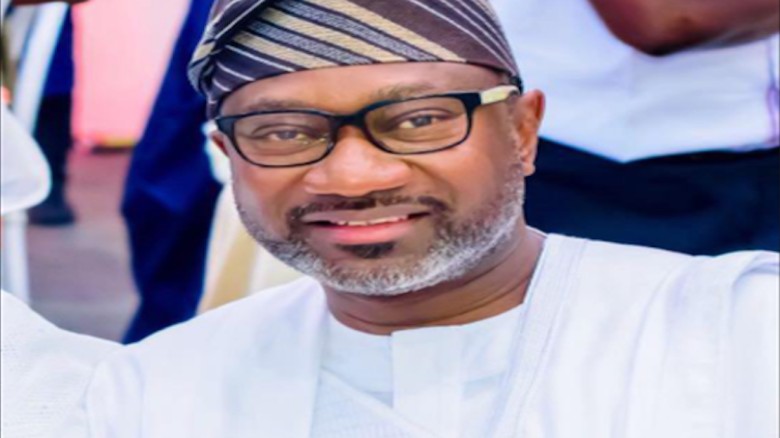FG warns of mass sacking as Labour disowns agreement
On Wednesday, the Federal Government urged organized labor to consider the larger economic consequences of advocating for a significantly increased national minimum wage.
Mohammed Idris, the Minister of Information and National Orientation, cautioned that the N250,000 minimum wage proposed by labor might destabilize the economy, potentially leading to widespread job losses and affecting the wellbeing of Nigerians.
In response, labor unions contradicted President Bola Tinubu's statement from his Democracy Day broadcast that an agreement on the new national minimum wage had been reached. Prince Adewale Adeyanju, Acting President of the Nigeria Labour Congress, clarified that as of June 7, the Tripartite Committee on the National Minimum Wage had not reached a consensus.
Adeyanju, who is temporarily filling in for NLC president Joe Ajaero while he attends an International Labour Organisation conference in Geneva, reacted strongly to Tinubu's announcement that his government plans to submit an executive bill to the National Assembly outlining the agreements from the wage negotiations.
The ongoing discussions have seen the unions steadfast in their demand for a N250,000 minimum wage, while the Federal Government and the Organized Private Sector have offered N62,000. State governors have expressed their inability to support a wage above N60,000.
Chris Onyeka, the Assistant General Secretary of the NLC, stated that labor would not accept the N62,000 offer or the N100,000 suggested by some economists and individuals.
Addressing the 2024 Synod of the Charismatic Bishops Conference of Nigeria in Abuja, Minister Idris emphasized the need for a realistic wage that prevents massive layoffs and meets workers’ needs. He reiterated the government's commitment to revising the minimum wage but advised caution to avoid economic disruption.
Idris highlighted other initiatives aimed at easing the cost of living, such as the Presidential Compressed Natural Gas program, which aims to reduce transportation costs by 50%.
The minister also called on religious leaders to help spread the word about government efforts to improve economic conditions.
In a statement, Adeyanju disputed Tinubu’s claim of a negotiated agreement, suggesting the President might have been misinformed. The NLC has remained firm in its stance for a N250,000 minimum wage, rejecting the government's lower offer as insufficient.
Adeyanju also mentioned intimidation by security forces during the negotiations, though he expressed hope that democratic processes would prevail, aligning with the President’s promises to uplift Nigerian workers.
Meanwhile, Dele Oye, President of the Nigerian Association of Chambers of Commerce, Industry, Mines, and Agriculture, noted that the tripartite committee is still negotiating and criticized premature statements that could affect business decision-making.
As the dispute continues, labor unions have called for national strikes, demonstrating their resolve to fight for a fair wage, while the government maintains the challenge of balancing economic stability with the demands of its workforce.
























Leave A Comment